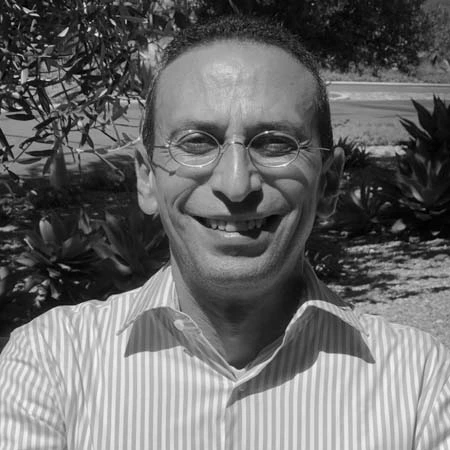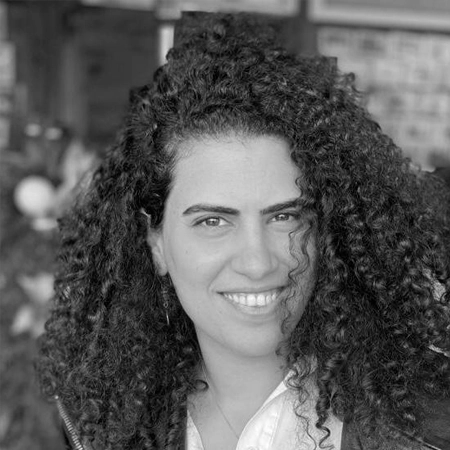Workshop: Digital security for activists during protests
In protests, we very often witness arrests and repressive practices by authorities, which constitute violations of the freedom of protesters. Such practices are not limited to arrests but also include violation of the right to privacy. The authorities very often confiscate the protestors’ phones and devices used to document human rights violations; They have gone so far as to view personal images and correspondence. In this workshop, we will look at the practices and steps protesters should take to protect themselves as well as their privacy and their right to protest.
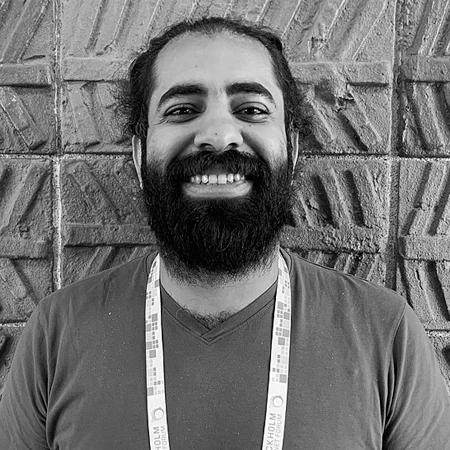
Mohammed Al-maskati |
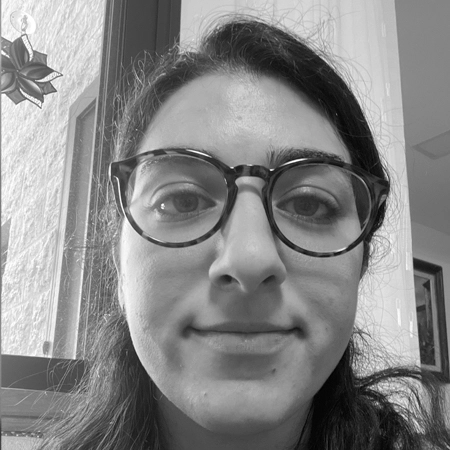
Yasmin Ayyad |
Workshop: How to monitor and document violations of digital rights?
In this workshop, the speakers will deal with the mechanisms of monitoring and documenting violations of digital rights, whether they are committed by technology companies or governments. The speakers will also highlight the challenges they face while doing their job.
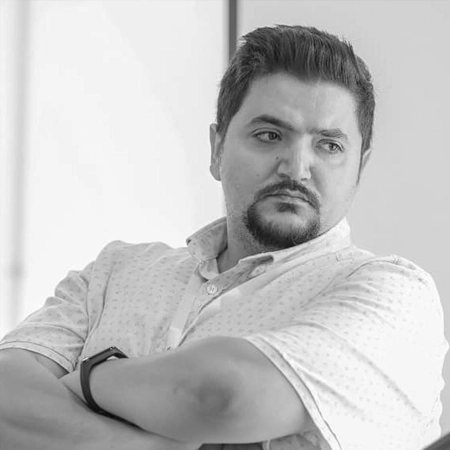
Abed Kataya |
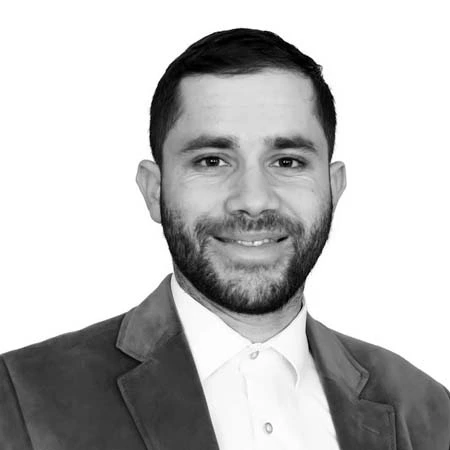
Ahmad Qadi |
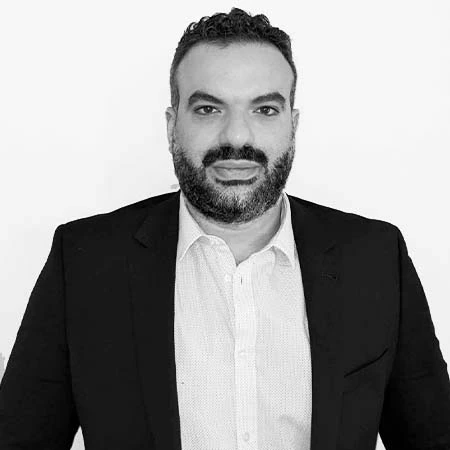
Mahmoud Elmasry |
Mohamed Chennoufi |
Workshop: Experience of Digital Rights Ambassadors in the Palestinian universities.
7amleh previously launched a report stating the lack of online political participation of the Palestinian youth due to their fear of being monitored and the challenges of digital spaces. To rectify this issue, , over the last few months 7amleh trained a group of digital rights ambassadors. This training program consisted of a group of Palestinian university students. After completing the training, the students launched 3 digital campaigns to raise awareness and enhance the space for defending Palestinian digital rights. In this session, the youth speak about their experiences, the nature of the campaigns they launched and worked on, and how they enhanced their online participation. Mr. Said Abu Mualla, who took part in the training project, will participate in this session to talk about the reality of privacy on TikTok and the role of students as university ambassadors to raise awareness on this topic. Moreover, Mr. Thaer from Al-Quds University talks about the importance of transferring such experiences to their universities to address students’ needs, particularly media students.

Ahmad Qadi |

Asmahan Mohammad Abriham Hamdan |

Dima Hashima Abubaker |

Iman Ismail |
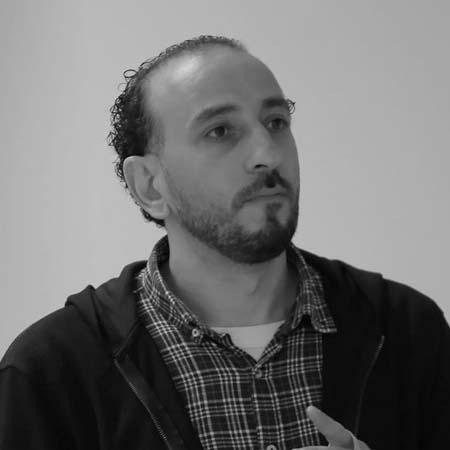
Said Abumualla |
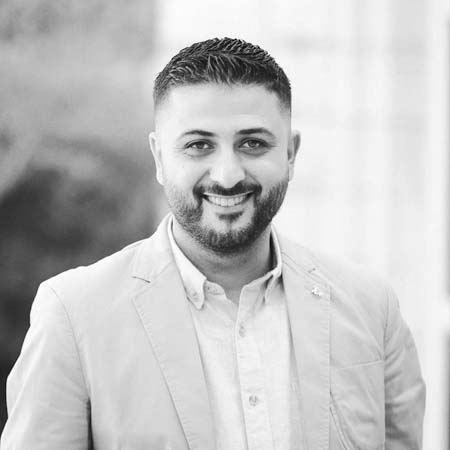
Thaer Nassar |
Workshop: Digital security for institutions
Because of the increasing dependence of institutions on digital spaces, particularly during the COVID-19 pandemic which necessitates distance working, and the increasing restrictions on civil society institutions and using espionage technologies on their employees, digital security has become sensitive. Therefore, we will deal with various subjects associated with digital security for institutions and their employees and highlight the best practices to strengthen the internal digital security of institutions.

Ed Geraghty |
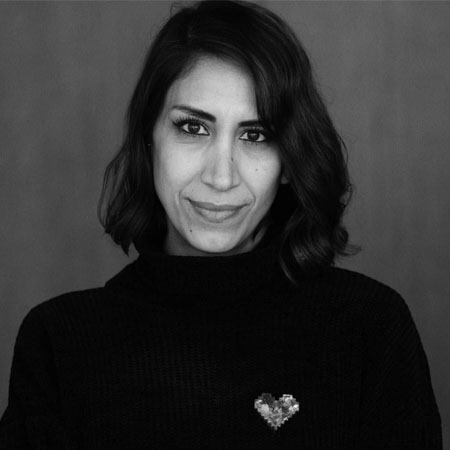
Marwa Hanna |
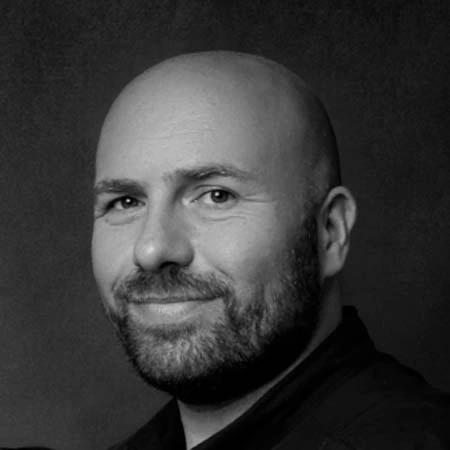
Hanna Qreitem |
Workshop: Digital Diplomacy in Palestine: Reality, Opportunities and Challenges
Digital Diplomacy in Palestine: Reality, Opportunities and Challenges

Zaid Amali |

Akram Al- Jariri |

Mahdi Kurzum |
Workshop: Photography for mobilization and organization
The photographer Mohamed Badarneh will participate in this workshop. He will share his experiences with photography as a tool for mobilization, organization, and documentation on social media.He will share summaries of his career highlights as well as the most important tools and tips that should be followed when using photography as a tool for mobilizing and documenting human rights issues. He will also address the best activists’ practices when documenting the protests and human rights violations on the ground.

Mohamed Badarne |

Anas Abudaabes |
Workshop: Podcasts as a tool for mobilization and organization
The use of podcasts as a form of digital content has been increasing dramatically lately. Therefore, we will find out in this workshop how to use a podcast as a tool for mobilization and organization, particularly in times of escalating human rights violations, to tell human stories.
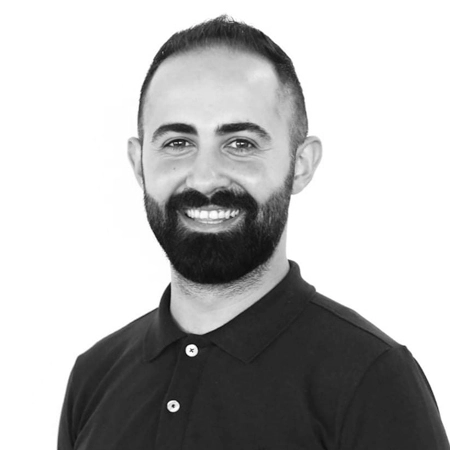
Mohammad Badarneh |
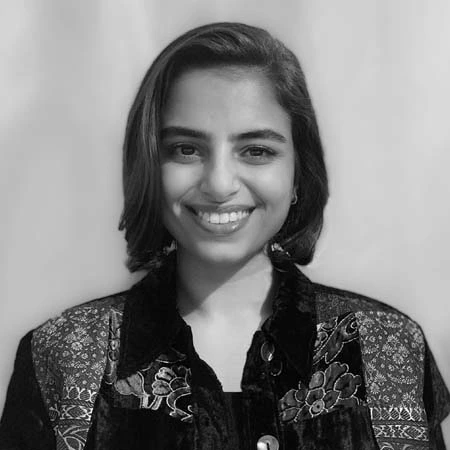
Maram Alnabali |
Workshop: How to build a solidarity community on Facebook?
The activists usually use Facebook for mobilization and organization. Therefore, this workshop will focus on the groups that use Facebook for mobilizing and organizing themselves to build an integrated community to facilitate their participation in digital activities during the campaigns. This workshop will also deal with the idea of the continuity of community building on Facebook, which may make digital work more sustainable and therefore more effective over the long term.
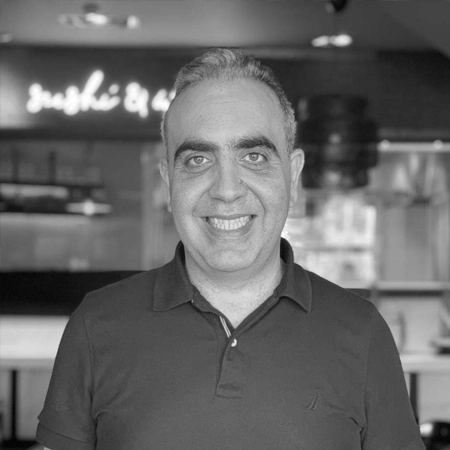
Eyad Barghuthy |
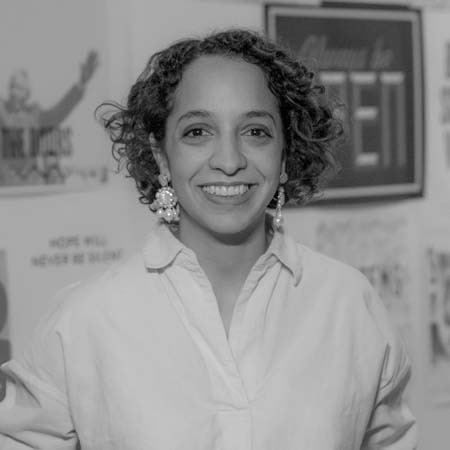
Sarah ElAshmawy |
Workshop: How to organize a digital event?
In the wake of the COVID-19 pandemic, many of the events that used to be organized annually were canceled given the safety and health procedures and the successive closures. Thus, the need for alternative digital means that allows these events to take place has become urgent. Organizing digital events is different from traditional ones. Therefore, organizing a digital event requires transforming the previous production and organizational experiences and investing and employing them in the digital space. Three speakers will participate in this workshop to share their experiences in organizing and producing digital events. They will also provide recommendations for setting up a successful digital event.

Nikki Gladstone |
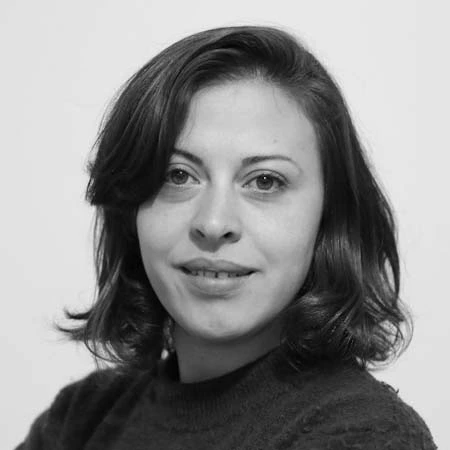
Aroob Hamed |
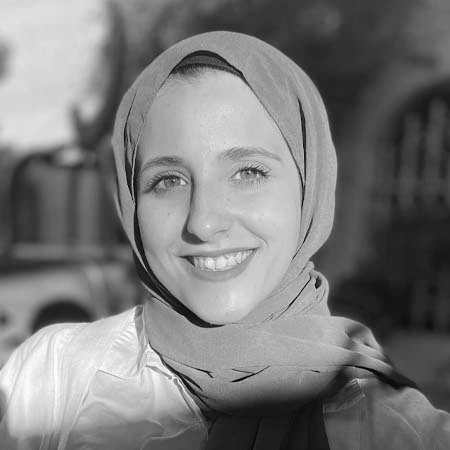
Munya Thaher |
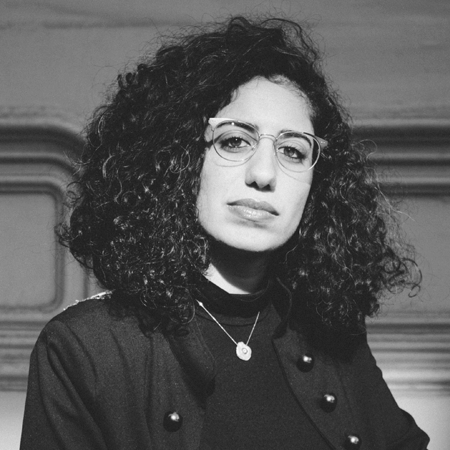
Zeina Abi Assy |
Workshop: Using WhatsApp as a tool for digital mobilization and organization
Activists and organizers use instant messaging applications extensively in times of documented attacks and crises to mobilize and organize political and human rights activities. WhatsApp is considered one of the most popular applications amongst the protesters and activists. This workshop highlights the features of this application, and how to use it to mobilize solidarity and organize the activities. It will also address the steps necessary to ensure the security of the application users.
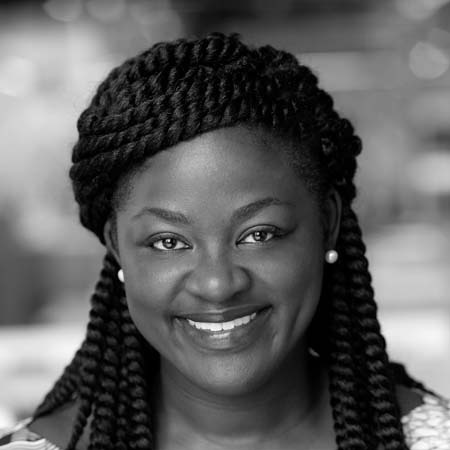
Akua Gyekye |
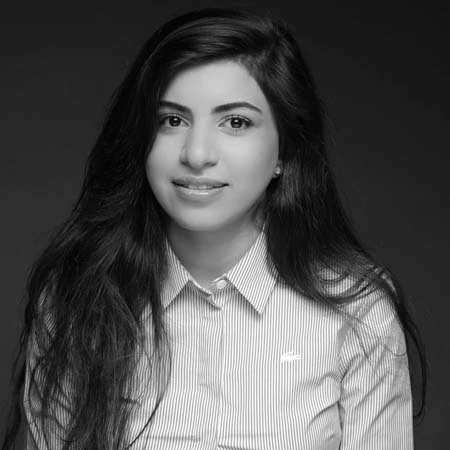
Noor Biadsee |
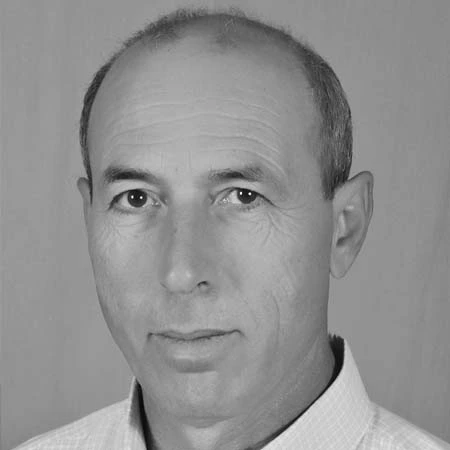
Omar Nazzal |
Workshop: Data Storytelling for Organizing and Mobilization
Although there is increased use and spread of social media platforms and digital tools, their unregulated and unsystematic use in community mobilization and organization may fragment and weaken the efforts, and may also not leave any noticeable trace if the work is not organized based on special rules and tactics. Data visualization is considered one of the most important tools that should be used during crises and campaigns for mobilization, organization, and documentation. Therefore, this workshop aims to equip the participants with the most important tools to visualize their data in the reports and statistics monitored by activists and workers in civil society.
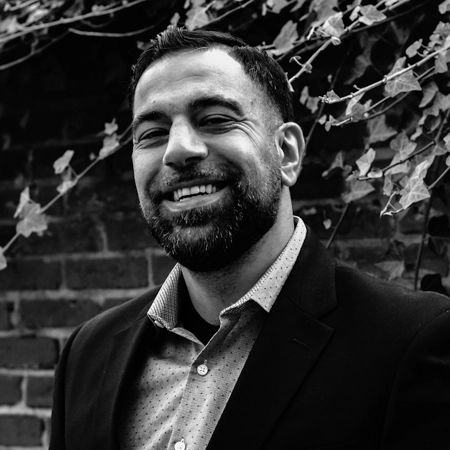
Ahmad Abuznaid |

Jessica Anderson |
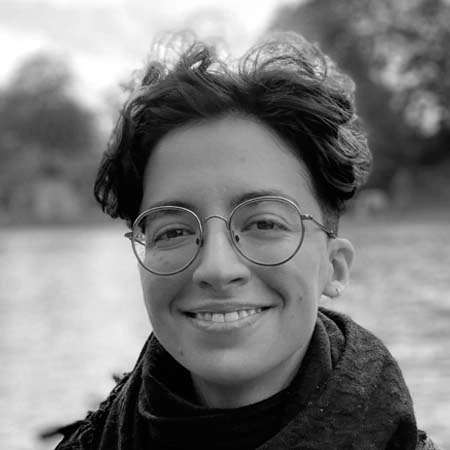
Nasreen Abd Elal |
Workshop: Clubhouse as a tool for Mobilization and Organization
This session hosts speakers from Palestine and the Arab World to talk about hate speech in the Arab World, different forms of hate speech against users in the Arab World on social media, focusing on some hate speech types such as sectarian or political hate speech, or hate speech against women. They will also address means to combat online hate speech and the most important mechanisms women, minorities and political movements adopt in the Arab World to resist hate speech against them on social media.
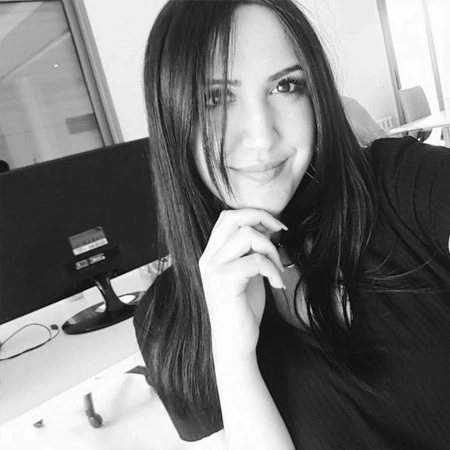
Dima Samaro |
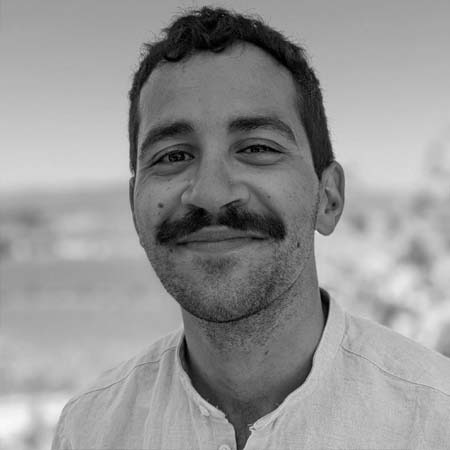
Amre Metwally |

Jessica Mason |
Session: Hate speech on social media in the Arab world and Internationally
This session hosts female speakers from Palestine and the Arab World to talk about hate speech in the Arab World, different forms of hate speech against users in the Arab World on social media, focusing on some hate speech types such as sectarian or political hate speech, or hate speech against women. They will also address means to combat online hate speech and the most important mechanisms women, minorities and political movements adopt in the Arab World to resist hate speech against them on social media.
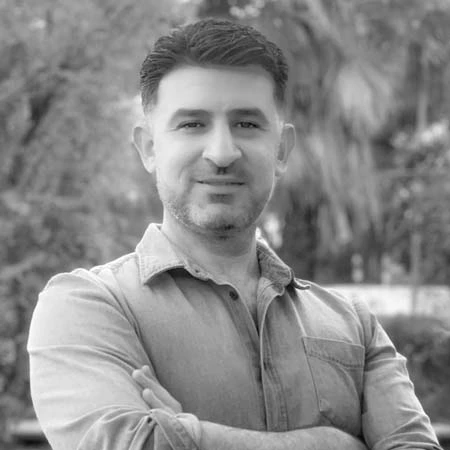
Mohammed Abdullah Ali |
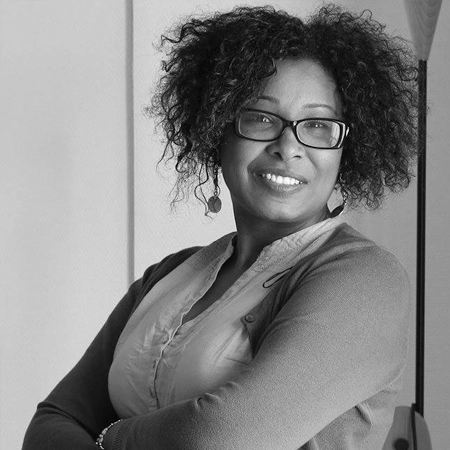
Maha Abdelhamid |
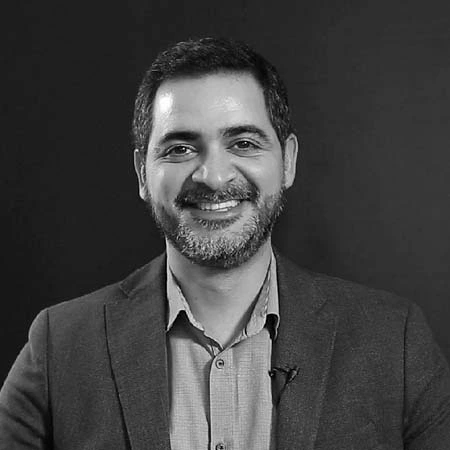
Ayman Mhanna |
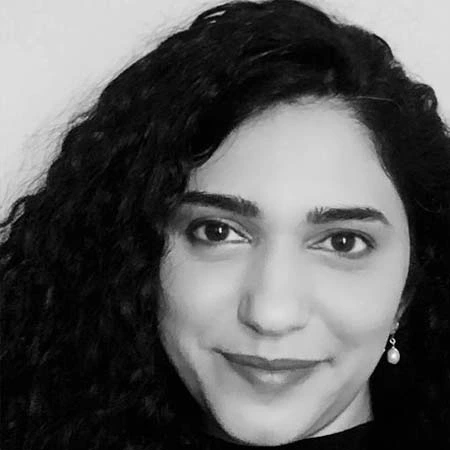
Nijmeh Ali |
Session: Connected Palestinian youth
The complex political conditions under which the Palestinian people live have led to their fragmentation in all their places of existence. The Israeli occupation control and the political division between the West Bank and the Gaza Strip led to deepening the rift between the Palestinians—including the refugees whether they were in Palestine, the Arab world, or in the rest of the world. This weakened the communication process between them and caused the absence of a Palestinian vision about the Palestine that we aim for. Therefore, this session aims to host groups of Palestinian youth from most of their places of existence to talk about the role of social media in increasing the communication between them and how this may influence their coordination of efforts to build solidarity movements with people of different nationalities. The participants will highlight the main challenges they face.
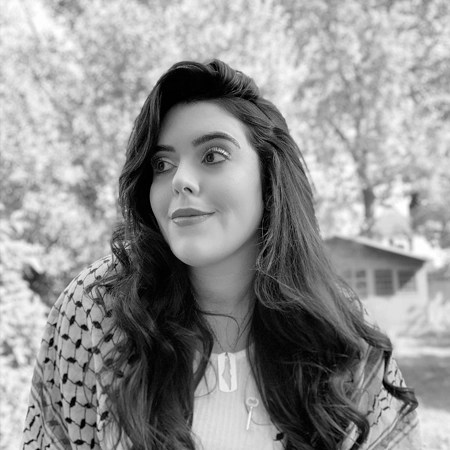
Farah Koutteineh |
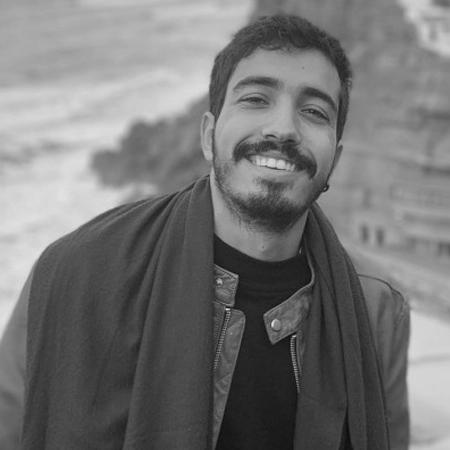
Rami Rmeileh |
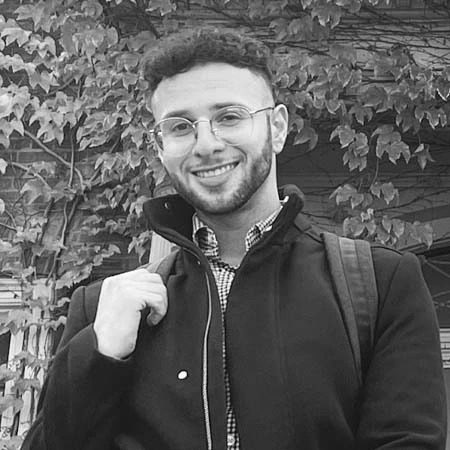
Samer Hassan |
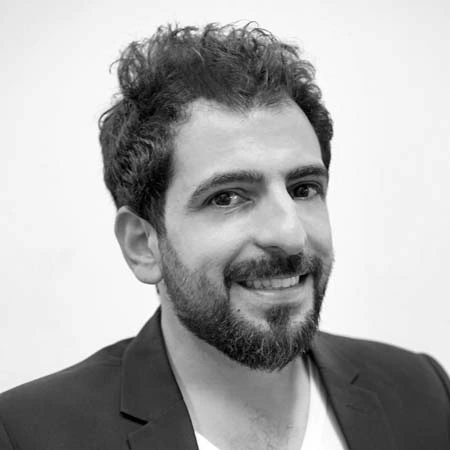
Tarek Bakri |
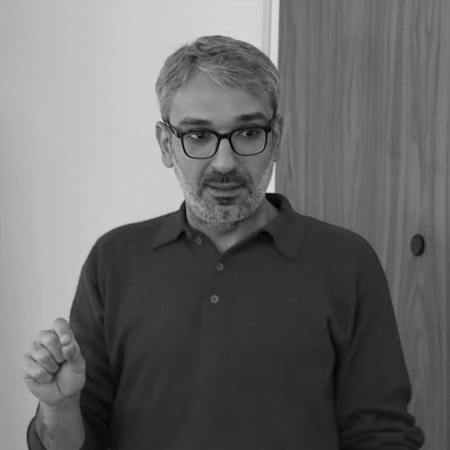
Mahmoud Alafranji |
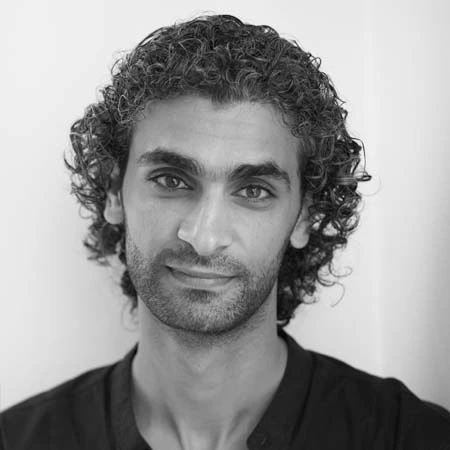
Qassem Massri |

